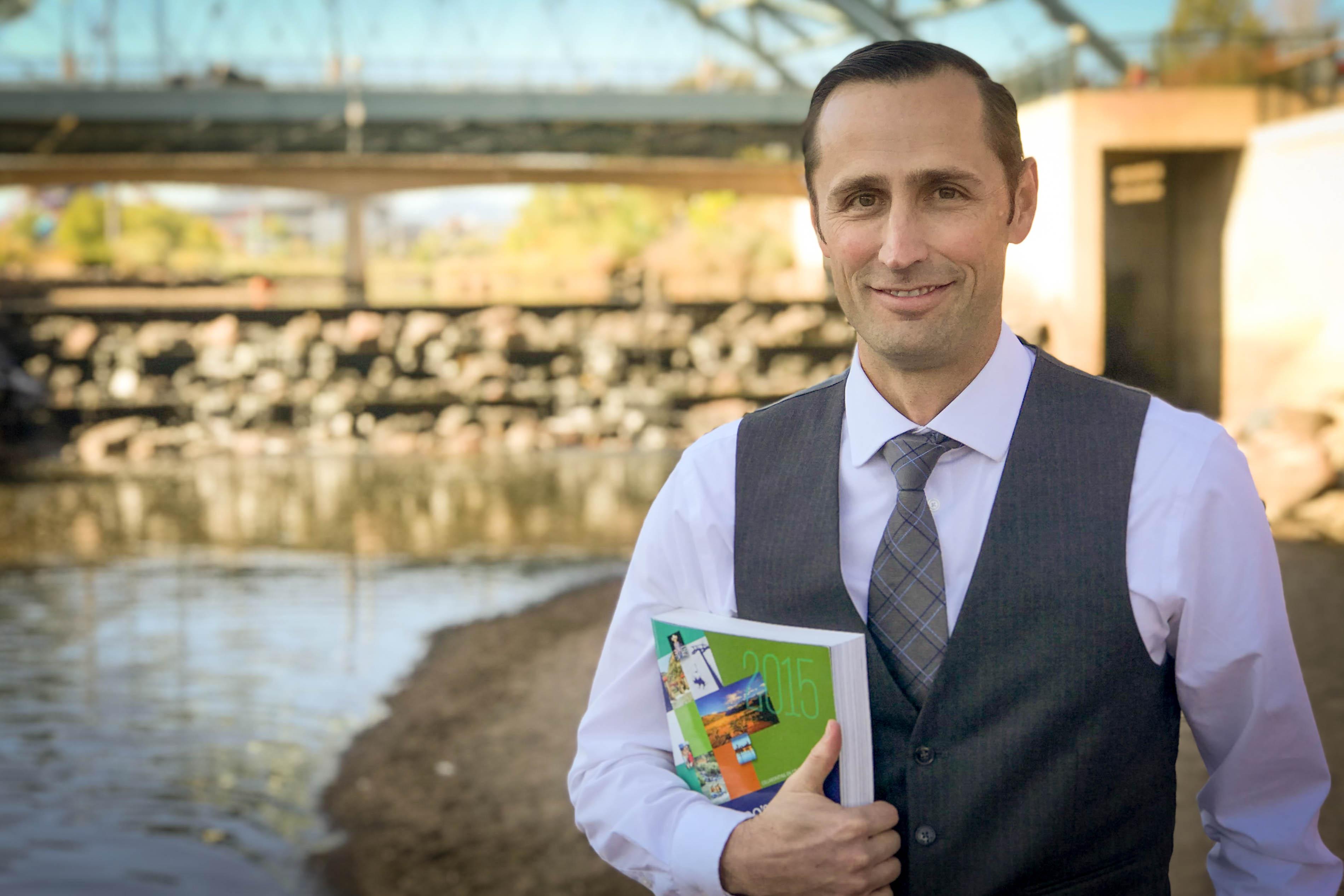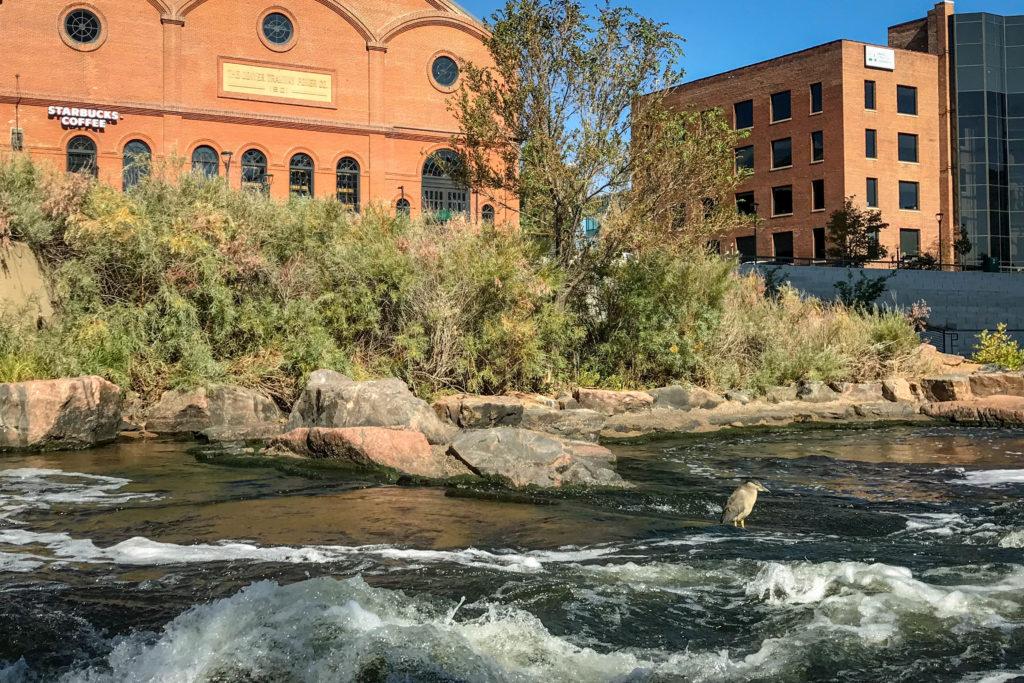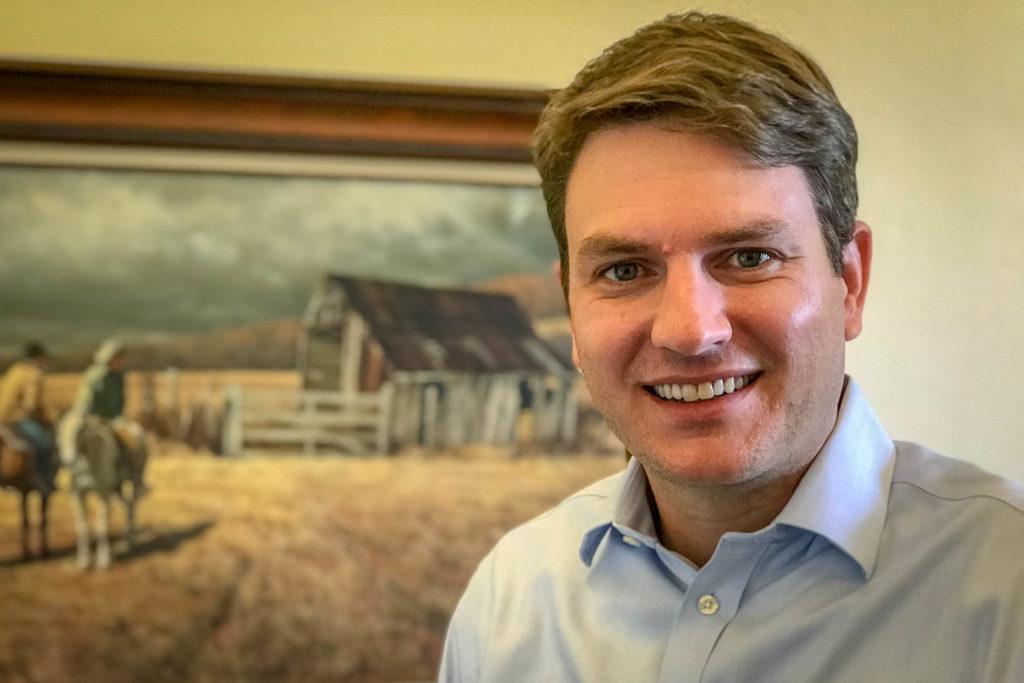
A bet on whether the Broncos will make the playoffs and Colorado’s vision to cover its future water needs might seem unrelated, but the future of each are now intertwined in a November ballot measure.
A yes vote on Proposition DD would legalize sports betting in Colorado, along with a 10 percent tax on casinos’ house winnings. The state could collect up to $29 million a year and most of it would fund Colorado’s Water Plan.
“Because money and water are scarce in Colorado, you have to find kind of strange bedfellows,” said Brian Jackson, senior manager for Environmental Defense Fund. “We saw an opportunity to attach water to something that’s sweeping the nation.”
Thanks to the Taxpayer Bill of Rights, voters decide whether or not to raise taxes on themselves, which they rarely do. So lawmakers rely more and more on so-called “sin taxes.” Legalized marijuana means money for school capital needs, a cigarette tax that goes to health programs and profits from the Colorado Lottery are funneled into Great Outdoors Colorado.
“Having watched the experience that transportation and education and other sectors have gone through in terms of asking for more money from the people of the state, we knew that just going to them with a tax increase on sales tax or on a property tax was not going to be very successful,” Eklund said.
In all, the state’s water plan calls for $20 billion in funding over the next 30 years. James Eklund, Colorado’s former top water official and the point person that helped craft the plan, said water users will pay for most of that. But there’s $3 billion left that still needs a revenue source. That’s where Proposition DD comes in.

The Environmental Defense Fund says that Proposition DD is modeled after Great Outdoors Colorado, which voters approved in 1992 to redirect lottery money to fund a range of recreational and environmental projects — more than $1.2 billion dollars since its start.
Eighteen states have already legalized sports betting after the U.S. Supreme Court struck down the law that banned it. The gaming industry has thrown its financial support behind DD to create this new industry, despite the tax that comes with it.
“This is how taxation rolls in Colorado,” Jackson said. “In the last 20 plus years, it has only raised taxes through sins. It’s just, unfortunately, the name of the game.”
Democratic State Representative and House Majority Leader Alec Garnett sponsored the bill. Since these sin tax opportunities only come around so often, he said it wasn’t easy to convince his elected colleagues where the money should go.
“There were some that came forward and said, ‘My community is so negatively impacted by the transportation congestion that if you don't put it towards transportation, I'm not going to vote for your bill,’” Garnett said.
He eventually got the votes needed to pass the bill once more supporters came forward, like the Colorado Cattlemen's Association and the Farm Bureau.
“It was the entire spectrum of organizations that rely on water. They were coming and saying, you have to go in this direction,” Garnett said.

There’s no organized opposition to legalizing sports betting in Colorado. But there is one group that’s against the money supporting the water plan. Gary Wockner of Coloradans for Climate Justice doesn’t like that Proposition DD isn’t specific on what parts of the water plan it would fund.
“It would basically be a slush fund for the legislature to spend on whatever they want to spend on,” Wockner said. “And it could include, and probably would include, new river destroying dams and diversions on our state's already severely depleted rivers.”
James Eklund, the architect of the plan, warned against waiting until the situation is dire. Between growing demand and climate change, the outlook has worsened for Colorado’s water needs.
“We have this gap between supply and demand that is going to hit us. And if we don't plan for that, then the dams and reservoirs are going to be built without environmental mitigation,” Eklund said. “We are not going to have the stream health that is called for in our state water plan.”









